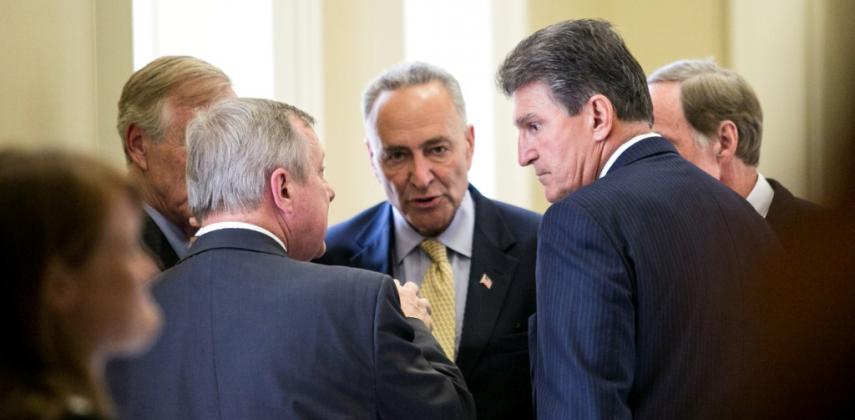Sixteen Democratic senators are asking regulators to examine the use of ATM-style cards to pay hourly employees.
In a letter Thursday, the senators urged Richard Cordray, the director of the Consumer Financial Protection Bureau, and Seth D. Harris, the acting secretary of the Labour Department, to “take swift action to protect American workers.”
Across the country, a growing number of companies are doing away with paper paychecks and, in some instances, direct deposit, to offer prepaid cards.
The problem, though, according to consumer lawyers and employees, is that in the vast majority of cases, using the cards can generate large fees - 50 cents for a balance inquiry and US$2.25 for an out-of-network automated teller machine, for example. For part-time and low-wage workers, the fees, which can be difficult to escape, quickly devour much of the money deposited on the cards.
Worried about drawing unwanted scrutiny that might threaten their jobs, some employees say they are reluctant to request another option. Other employees say that while there is a choice, they are automatically enrolled in the payroll-card programs. Getting out, these employees say, can be difficult and confusing.
Card issuers and employers note that payroll cards are a valuable tool for low-wage workers. They also say the fees on the cards are usually lower than those charged by check-cashing services - often the only other option for people who do not have bank accounts. The card providers and employers also note that there are free ways for employees to gain access to their pay.
The Network Branded Prepaid Card Association, a trade group that represents the prepaid industry, said it urged its members to clearly outline any fees associated with the cards to ensure that employees understand every aspect of the card.
“We strive to ensure we set a high bar with our best practices for our members,” said Judith E. Rinearson, a lawyer with the trade group.
The surge in payroll cards and the problems associated with them was the subject of an article in The New York Times last month.
In their letter, the lawmakers referred to the article in The Times, noting that it had been jarring to learn from the article that “some workers incur so many fees in the course of using their payroll cards that their net income ends up below the minimum wage.”
The senators, including Richard J. Durbin of Illinois, Charles E. Schumer of New York and Joe Manchin III of West Virginia, asked the regulators to examine whether workers understood the fees associated with the cards. The lawmakers also asked the Consumer Financial Protection Bureau to make a systematic study of the fees, according to the letter.
Sen. Elizabeth Warren, D-Mass., who helped create the new consumer protection agency, also signed the letter.
Manchin said, “Americans work hard every day and their pay must be protected from high fees, unfair choice and improper commissions. It is clear that prepaid payroll cards must be investigated further.”
The most vexing aspect of the cards, the lawmakers said, was that employees might be “coerced or inappropriately pressured into using them.” Employees, the letters says, “should have the right not to use such a card and to instead receive their pay via a paper check or direct deposit.”
To address the issue, the lawmakers asked the Consumer Financial Protection Bureau to clarify what laws govern the issuance of payroll cards.
“We believe it would go a long way toward protecting workers if the bureau would clearly and specifically state its view on what is and is not allowed” under the primary federal law that governs the electronic transfer of funds.
In their letter, the lawmakers noted that the “vast majority of employers make a good-faith effort to comply with the law in paying their employees.”
NEW YORK TIMES


